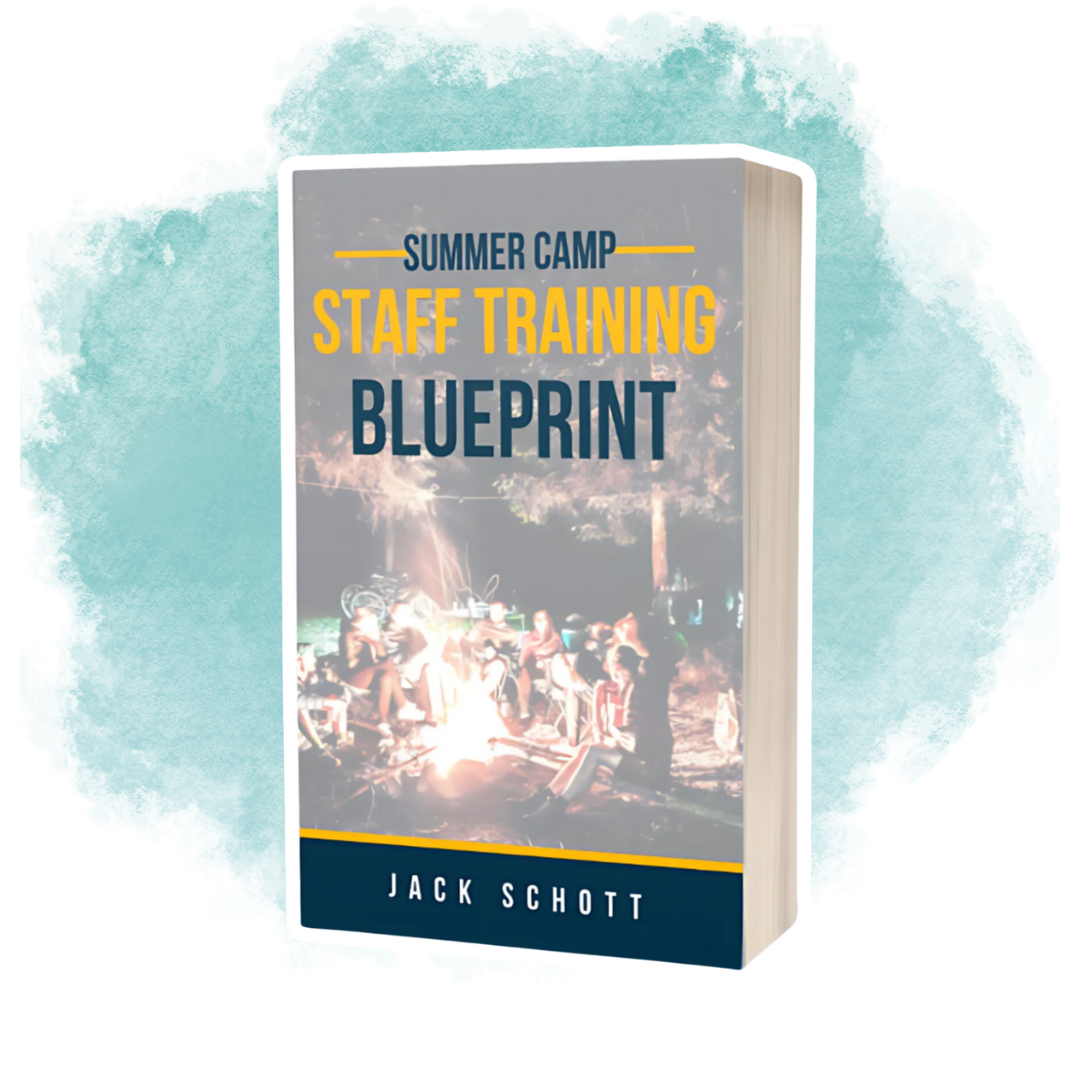Online Camp Guide: Digital Comic Book Camp
By Lauren Rowell, Camp 42
A note from Kurtz: Last week, in preparation for coronavirus/COVID-19, a group of TSCS leaders met to discuss how to plan online camps. We’ll have some more content for you on this topic in the upcoming days as you work to provide meaningful and engaging online experiences to your campers while school is out. Lauren whipped up this awesome outline of how you could create a comic book camp! Let us know if you end up using it.
Why comic books?
Fun and engaging format
Draws in reluctant readers
Boosts reading comprehension and memory skills in slow readers or below-level readers
Images force readers who are prone to skimming to slow down and take in full scenes as the images are just as important as the text
Art education/tie-ins
Wide variety of topics
It’s not just superheroes! They tackle just as many topics as normal books do, engage a broad audience, and there are even comic versions of classic novels, like Pride and Prejudice and The Giver.
Accessible to children with learning disabilities such as dyslexia (much more context with images) and on the autism spectrum (helps with learning to identify emotions)
Website resources:
Where can I find digital comics?
App: Webtoon (iPhone and Android supported)
Age range varies by comic, but definitely skews late middle school and up, depending on the maturity of the child
Difficult to ascertain age-appropriateness without pre-screening. No age filter or rating.
App is free and all the comics are free
Supports independent artists
Three comics I’ve read that could work for middle school and up: (All of mine have female protagonists but that’s not true for the full Webtoons catalog)
Gourmet Hound by Leehama
The series is finished, so the kids could read the full story (166 episodes).
About a young woman named Lucy who is dealing with the death of her grandmother. She has a very keen sense of smell and taste, and starts out on a quest to find the chef from her grandmother’s favorite restaurant who used to cook her favorite food.
Diverse cast of characters, learn a lot about food, little to no cursing (can’t remember any), fun mystery, probably better suited for high school than middle school
Imaginarium by StorySeamstress
The series is finished, so the kids could read the full story (31 episodes).
About a young woman named Verity whose father has been trapped in a dream world by his business partner, so she goes in to rescue him. Memories are fuzzy there, and she can’t remember what’s going on. Pretty short, very cute. I’m pretty sure there wasn’t any cursing.
Fun fantasy world, includes a few classic literary characters (Robin Hood, Maid Marion), easily digestible
Cursed Princess Club by LambCat
The series is not finished yet.
Gwendolyn is a teenaged princess in the Pastel Kingdom, kept with her sisters in the castle by her overprotective father. She’s got a heart of gold, but looks like an evil cartoon witch, but she has no idea she’s not just as physically beautiful as her sisters because her family loves her as she is. She meets some people outside the castle who don’t are repulsed by her physical appearance, causing a lot of internal struggle for Gwen. She meets other princesses that are “cursed” and joins their club for support.
Very silly and lighthearted, but tackles themes of self-acceptance in a really powerful way. Can’t remember any “bad” words so far (though there are plenty of curses - ha ha ha)
App: Comixology by Amazon (iPhone and Android supported)
Entire section just for children’s comics!
App is free, comics are paid - but prices seem to vary from pretty cheap to standard book price, so your mileage may vary.
Children’s section (web link)
Book club ideas:
Comic Book Club Handbook by CBLDF
Structure:
Timeframe: 1- 1.5 hours
Meet on Zoom (video conference app)
Icebreaker
Max. 10 minutes
Pick a camp favorite, ask silly questions, whatever you want!
Reading discussion
25-45 minutes
Ask about big plot points from the particular reading selection.
Ask kids to speculate on what will happen next in the story.
Discuss the art!
What about the art adds to the story?
How are the colors setting the mood?
Are there any things that happened in the art that would be hard to communicate in text?
Is art a better medium of communication?
Is text?
What about spoken word?
Some digital comics have music included as well. Discuss the music if applicable.
Add a game or two
15-30 minutes
Book-related ideas:
Closing thoughts and determine next reading selection
Follow up with a message in whatever medium you use to communicate outside of the Zoom reiterating the next reading selection.

Ready to Elevate Your Summer Camp Staff Training?
Empower your camp staff with the tools they need for success.
Visit our dedicated training site for expert resources, training modules, and more.

